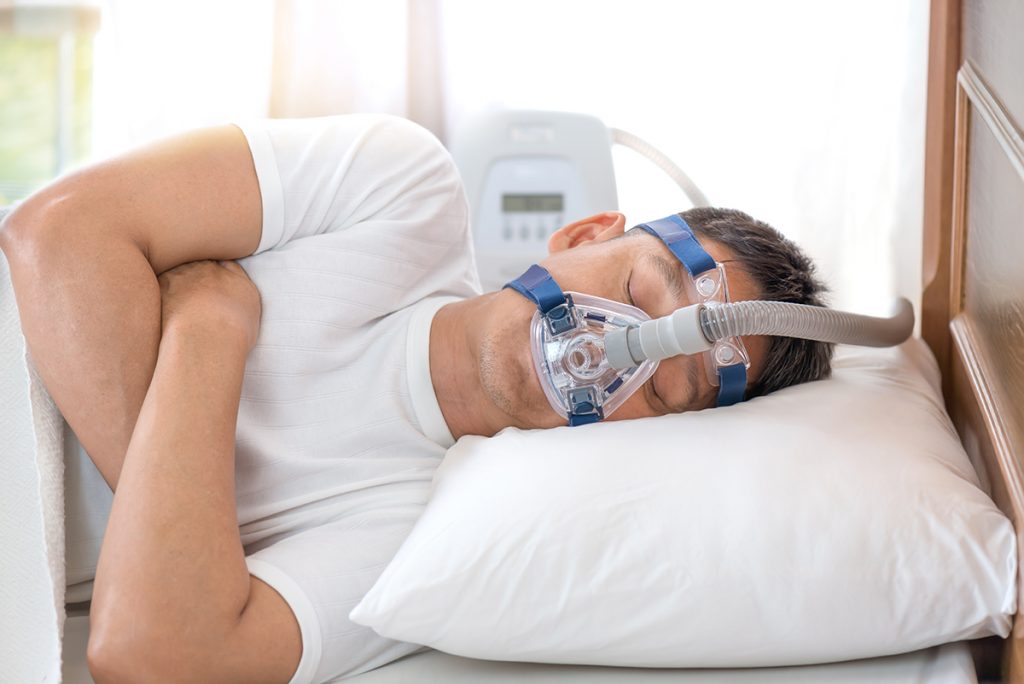Sleep Smarts
It’s so important to get a good night’s sleep. With age, people get less restorative sleep due to sleep disruptions like these:
- Anxiety, stress and depression
- Medical conditions and diseases: asthma, allergies, Parkinson’s, hyperthyroidism, acid reflux, kidney disease, cancer and chronic pain.
- Medications: antidepressants, corticosteroids, thyroid, hormone, diuretics and BP meds and some common OTC meds that contain alcohol or caffeine
Treatments
- Keep a regular sleep schedule. No napping!
- Limit caffeine, alcohol, nicotine and heavy late meals
- Get regular exercise
Reduce the evening time spent on screens: TV, computers, i-pads, phones
Sleep Apnea
People with a disorder called sleep apnea stop breathing during sleep and must wake up to breathe. If you stop breathing for 10 seconds or more, this is considered to be mild
sleep apnea. More than five apneas per hour is abnormal. More than 30 to 40 apneas per hour is considered severe. If left untreated, sleep apnea can result in a number of health problems including: high blood pressure, stroke, heart failure, irregular heart beat and heart attacks, diabetes, depression, worsening of ADHD, headaches and obesity.
Snoring
Men have narrower air passages than women and are more likely to snore. A narrow throat, a cleft palate, enlarged adenoids and other physical attributes that contribute to snoring are often hereditary. You have no control over your build or gender, but any extra fatty tissue around the throat and poor muscle tone does contribute to snoring. Exercising, losing weight and side sleeping may be all it takes to end your snoring.
If you have trouble sleeping, suspect you have sleep apnea or suffer snoring see your doctor.
Handling Stress at the Holidays
- Sadness and grief are normal and it’s OK to express these feelings.
- The holidays don’t have to be perfect.
- Lonely? Reach out to others or volunteer your time.
- Set aside your differences with others until a more appropriate time.
- Stick to a budget.
- Plan ahead so you don’t rush at the last minute.
- Know your limitations. Say “no” if you are tired.
- Keep your healthy habits regarding meals and exercise. Even 15 minutes of exercise reduces stress. Try Tai Chi for a change of pace. Comfort foods like warm oatmeal boosts serotonin, a calming brain chemical.
If sadness and anxiety persists, and you are unable to handle routine chores, seek professional help. AW Health Care can help. (314) 330-7992








Comments are closed.